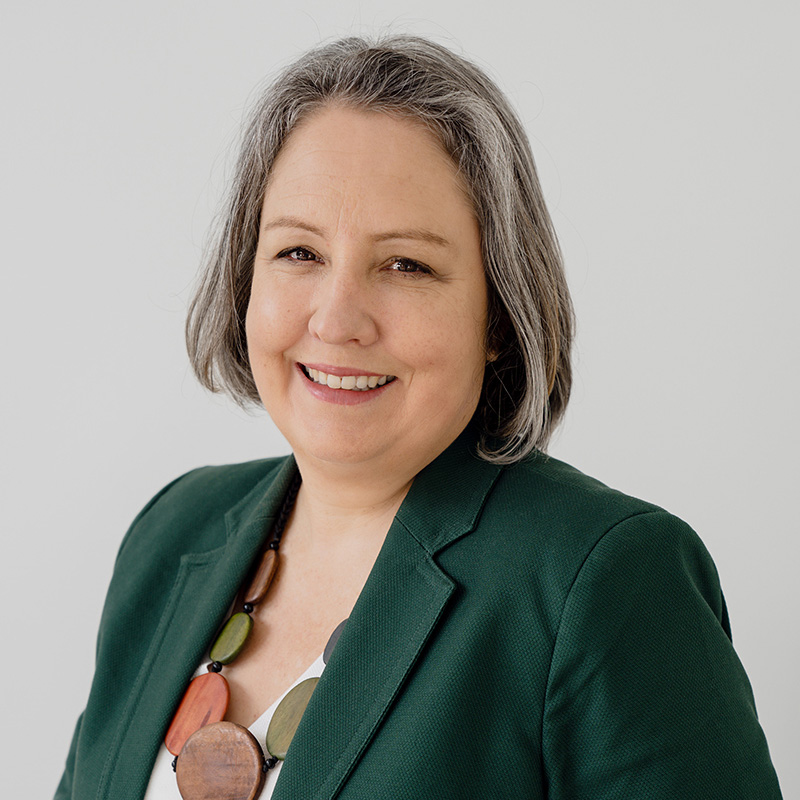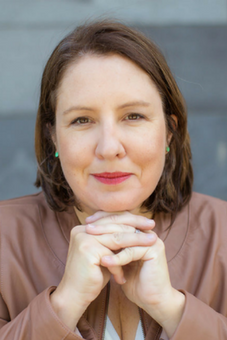When I mention the idea of career planning, this triggers memories with Career Counsellors in high school who were focussed on helping you decide which subjects to take in year 11 and 12 (or form 5 and 6!) so you could then be eligible for a suitable course or career vocation. The conversation was rarely about what you enjoyed doing and tended to be more focussed on the role type you wanted. You know how this conversation goes, and you probably still catch yourself asking nieces, nephews or even grandchildren ‘what do you want to be when you grow up?’. Doctors, lawyers, teachers and nurses have always been traditional and popular choices. But the world is changing and we are not getting any younger. When we are in the mid or later seasons of our lives, we need to re-think the way we navigate a career plan to ensure we are maximising our chances of career success.
1. You Don’t Need to Know What You Want To Be When You Grow Up
When I decided to make a career change in 2008, I never expected it would lead me to the path I am on today. When I was asked in a job interview in 2008, ‘Where do you see yourself in 5 years?’ my answer was something like this ‘I am going to spend the next 5 years working out what I enjoy doing. I want to change the world and am just not sure exactly how I will do this, so I will do a variety of things until I find what fits my skills and goals’.
My point, and this truth, is that you don’t need to have a set ‘job’ or ‘role’ that you want to do as you are developing your mid career plan. In fact, I suggest the more open you are to having a wide range of conversations about your options, the more opportunities will cross your path. In my experience, the less I try to control the outcome, the more open I am to new possibilities and the more I say yes to opportunities (which at times scares me), the better. This approach has enabled me to create a career for myself, and many clients, where we are pursuing satisfying careers, career changes and new business ventures.
While I understand how naive and somewhat vague my response to the question in the job interview was, it’s important that you know one of my personal mantras (borrowed from Ghandi) is to be the change you wish to see in the world. This is a key motivator for me and relates to the mission for my business (Think Bespoke’s mission is stated as ‘helping people reach their full potential’).
2. You Need a Criteria for Career Happiness
Knowing what ‘happiness’ means to you is also a vital ingredient. I have two boys, and my father in law is part of the loving ‘village’ who help raise them. I mention my father in law, because he once asked me ‘Karen, what is it you want for your boys, and don’t say you want them to be happy’. My father-in-law was born in Russia, survived World War II Germany (minus the hearing in one ear thanks to a bomb that exploded near him), and believes that hard work is the secret to life. In many ways I agree, but in one key way I disagree. You must know what brings you joy.
You need a Criteria for Career Happiness to help set you free from the ‘shoulds’ we all tend to impose on ourselves and to carve out a career plan based on your own truths about what brings you joy. Let me give you some examples:
- Do you prefer to work with people or alone?
- In which location would you like to work? (e.g. close to home, CBD, remote)
- What sort of environment would you like to work in? (e.g. office based, out and about)
- What sort of company culture do you work best in? (e.g. corporate, mult-inational, family owned, startup, own business)
- What sort of work do you want to be doing?
- What sort of work would you like to avoid?
- What sort of organisation would you like to work for?
- What sort of organisation would you like to avoid?
Developing an idea of what you would actually ENJOY doing, versus what you think you SHOULD be doing is a key factor. While you need to be realistic about your financial obligations, taking the time to understand what brings you joy is the key to career happiness. It will also help keep you motivated to work at your career action plan.
3. Your Life is Not a Practice Run
Unless you are Buddhist, this life is not a practice run. This is a truth you have probably already realised, but one that is especially important as you reach your mid to late career. What this means is that you should not spend your life wishing you had done certain things. Put a line in the sand and say to yourself ‘Today is the first day of the rest of my life’. Make the decision to change.
4. Change Takes Time But Can Happen
Make a decision to change, pivot, tilt and the logistics WILL fall into place. Once my clients (who span many industries and work at a variety of levels of seniority) believe this truth, they are able to get out of their own way and start to take action and make things happen with their career plan.
Your mindset has such a powerful influence on your ability to make a decision and take action. If you understand that change takes time, then you can also seek comfort in this truth and allow yourself (and those around you) to come to terms with some of the ideas you are considering for the next stage of your career journey.
Here are the 3 free resources to help your next career move:
1. Watch this free online training via Think Bespoke’s YouTube channel and learn How to Tell Your Unique Career Story on LinkedIn.
2. Build momentum with my Career Action Plan Ebook. Sign up to receive my e-insights and receive a free copy of myCareer Action Plan Ebook.
3. Browse Think Bespoke’s Knowledge Base of free articles about Career Management and your LinkedIn Profile.


